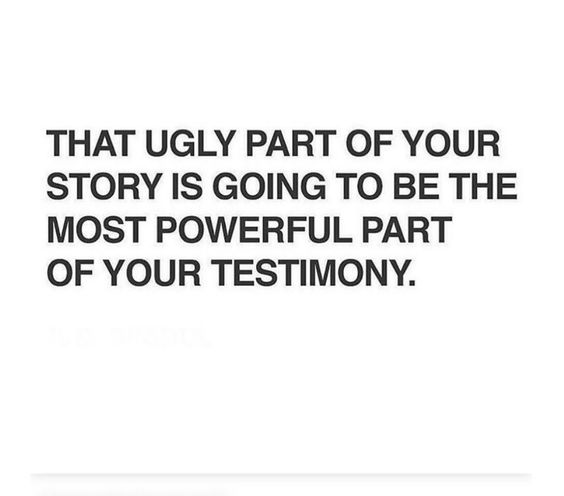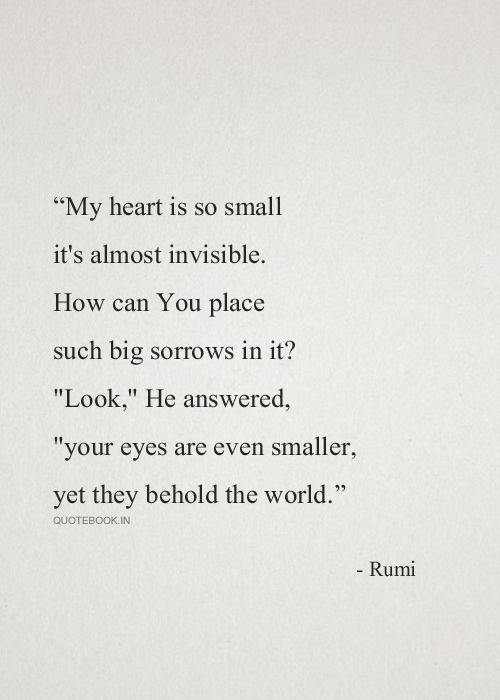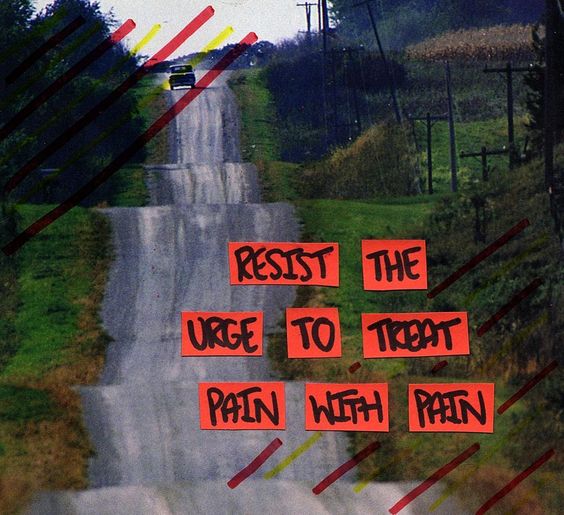“It is good to be available to the wind, to the rain, to the sun, because this is what life is. So rather than becoming worried about it, dance! Dance when the storm comes, because silence will follow. Dance when challenges come and disturb your life, because in responding to those challenges you will be growing to new heights. Remember, even suffering is a grace. If one can take it rightly it becomes a stepping stone.”
Osho, Everyday Osho (Page 52)
“Everything about us—our brains, our minds, and our bodies—is geared toward collaboration in social systems. This is our most powerful survival strategy, the key to our success as a species, and it is precisely this that breaks down in most forms of mental suffering. The neural connections in brain and body are vitally important for understanding human suffering, but it is important not to ignore the foundations of our humanity: relationships and interactions that shape our minds and brains when we are young and that give substance and meaning to our entire lives.”
Bessel van der Kolk, The Body Keeps The Score (Page 168) | ★ Featured on this book list.
“[Elvin] Semrad taught us that most human suffering is related to love and loss and that the job of therapists is to help people ‘acknowledge, experience, and bear’ the reality of life—with all its pleasures and heartbreak. ‘The greatest sources of our suffering are the lies we tell ourselves,’ he’d say, urging us to be honest with ourselves about every facet of our experience. He often said that people can never get better without knowing what they know and feeling what they feel.”
Bessel van der Kolk, The Body Keeps The Score (Page 26) | ★ Featured on this book list.
“The greatest sources of our suffering are the lies we tell ourselves.”
Elvin Semrad, The Body Keeps The Score (Page 11)
“I’ve known great troubles, both mentally and emotionally, and many of them have been cured sitting alone in a room with a therapist. And, I’d argue just as many, if not more, have been cured spending fifteen to twenty minutes with my head on a women’s chest. Fucking is good. But it’s not medicine.”
Cole Schafer (January Black), One Minute, Please? (Page 132)
“Be thankful for the hurt.
Find meaning in the hurt.
And,
understand every moment that it hurts
represents another moment
you’re alive
and breathing
and living
and loving
and experiencing
all the beauty
this world has to offer.”
Cole Schafer (January Black), One Minute, Please? (Page 48)
“In some ways suffering ceases to be suffering at the moment it finds a meaning, such as the meaning of a sacrifice.”
Viktor Frankl, via Will (Page 314)
“Desire is what you want; purpose is the flowering of what you are. Desire tends to weaken over time, whereas purpose strengthens the more you lean into it. Desire can be depleting because it’s insatiable; purpose is empowering—it’s a stronger engine. Purpose has a way of contextualizing life’s unavoidable sufferings and making them meaningful and worthwhile.”
Will Smith, Will (Page 314)
“Hope sustains life. Hope is the elixir of survival during our darkest times. The ability to envision and imagine a brighter day gives meaning to our suffering and renders it bearable. When we lose hope, we lose our central source of strength and resilience.”
Will Smith, Will (Page 97)
“There are three aspects of reality: the pain will never go away; uncertainty will never go away; and there’s no getting away from the need for constant work. Everybody has to live like that, no matter what.”
Phil Stutz, Stutz
“Our circumstances can be unfair, unjust, unexpected. Yet? This doesn’t absolve us of needing to figure out how to navigate them, make good use of them. Seneca could not change the fact of his exile…but he could transform it. The same is true for us. Whatever life hands us or a tyrant hands down for us, we have to make it right. We have to create justice and progress and good from it. It’s unfair, but it is fate. We can turn this misfortune into a better future. It is the only way forward.”
Ryan Holiday, Daily Stoic Blog
“The potential of future suffering is not a reason to suffer now. On the contrary, it’s a reason to be present now. To be good now. To love and live, now. That future may come…and you’ll meet it. If there’s something you can do to prevent it, do it. But hopelessness and despair and dread and anger? They do nothing for nobody–least of all you.”
Ryan Holiday, Daily Stoic Blog
“The highest creative expression for a human being is to be able to create something new right in the face of adversity, and the worse the adversity, the greater the opportunity.”
Phil Stutz, Stutz
“You cannot avoid all pain, but you can absolutely avoid a lot of suffering by staying focused on your internal growth.”
Brianna Wiest, The Mountain Is You (Page 235)
“For it’s always that way with the sacred value of life. We forget it as long as it belongs to us, and give it as little attention during the unconcerned hours of our life as we do the stars in the light of day. Darkness must fall before we are aware of the majesty of the stars above our heads.”
Stefan Zweig, via The Daily Laws (Page 423)
The first step in healing anything is taking full accountability. It is no longer being in denial about the honest truth of your life and yourself. It does not matter what your life looks like on the outside; it is how you feel about it on the inside. It is not okay to be constantly stressed, panicked, and unhappy. Something is wrong, and the longer you try to ‘love yourself’ out of realizing this, the longer you are going to suffer.”
Brianna Wiest, The Mountain Is You (Page 21)
“I do not believe that sheer suffering teaches. If suffering alone taught, all the world would be wise, since everyone suffers. To suffering must be added mourning, understanding, patience, love, openness and the willingness to remain vulnerable. All these and other factors combined, if the circumstances are right, can teach and can lead to rebirth.”
Anne Morrow Lindbergh, Hour of Gold, Hour of Lead


